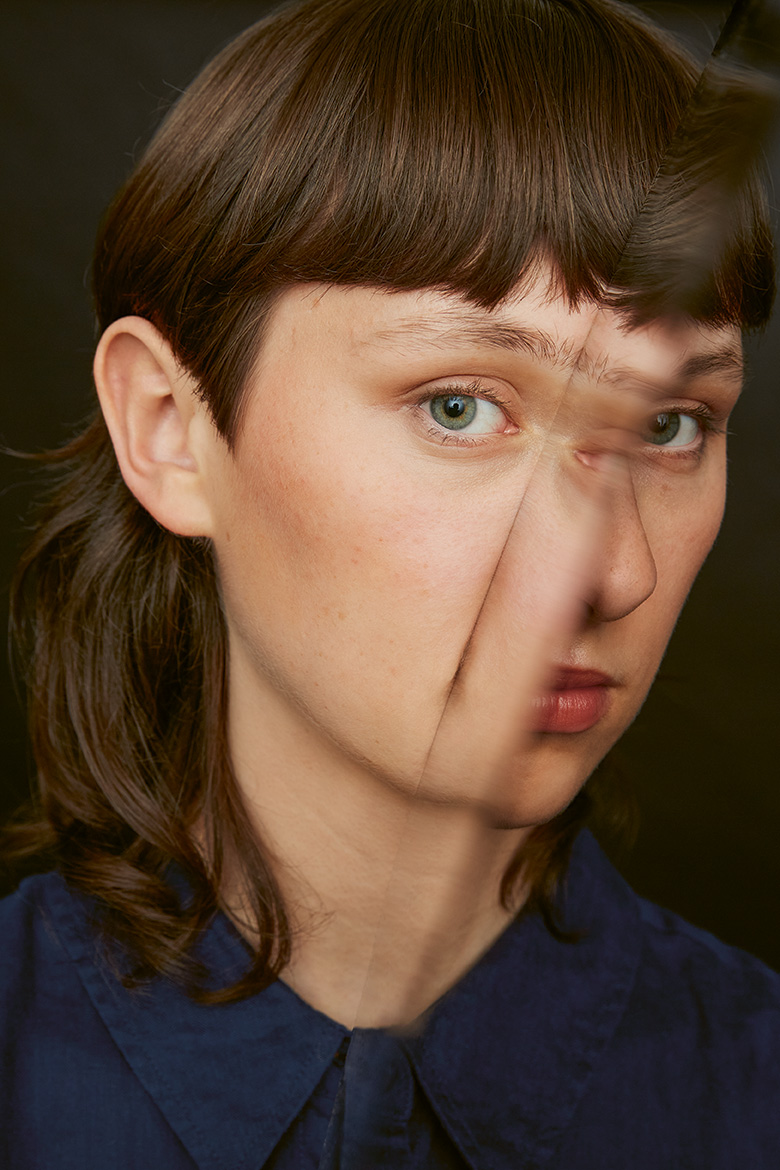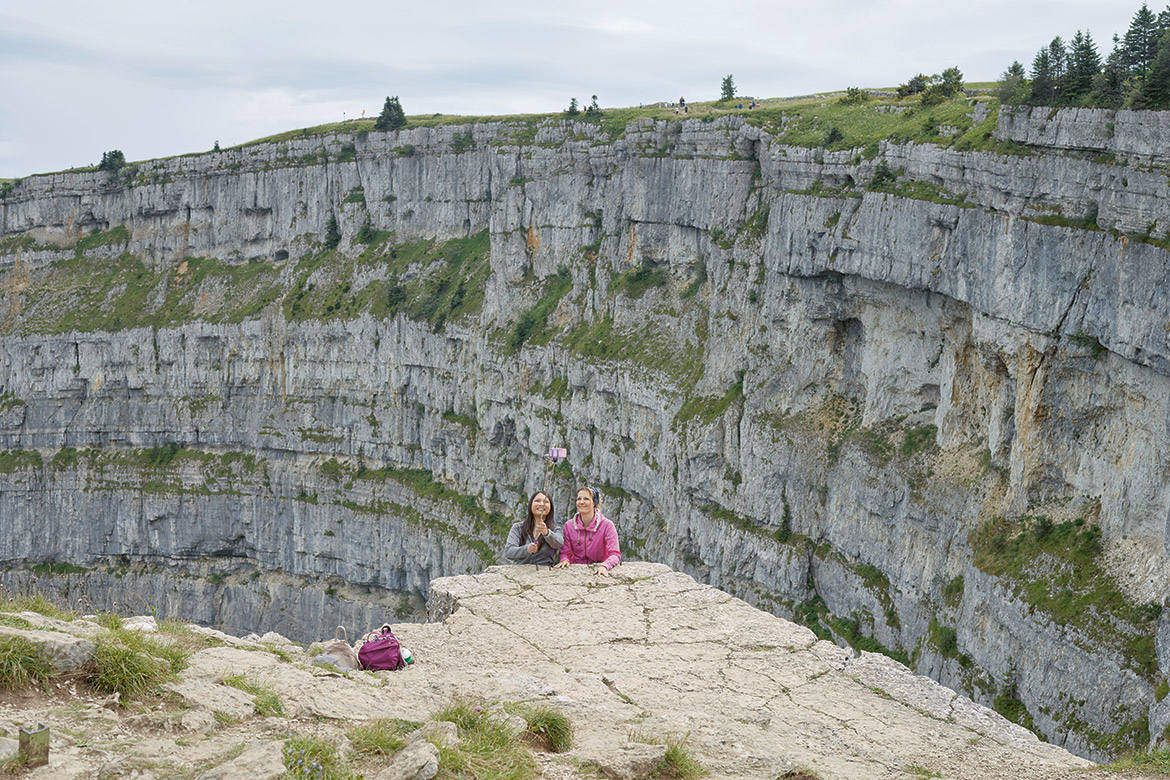Feature: Driven by personal concerns
Editorial: everyone’s biased
What, you’re researching a topic that affects you personally? In fact, this can work out well, finds Judith Hochstrasser, joint Editor-in-Chief of Horizons.

“There are many potential pitfalls when trying to uphold objectivity despite being personally affected by your research topic”, says Judith Hochstrasser, joint Editor-in-Chief of Horizons. | Photo: Angelika Annen, Styling / Hair & Make-up: Amanda Brooke, Model: Iva/Option Model Agency
For this issue of Horizons, we decided to seek out researchers who are personally affected by the topic of their own research. They here include an educational scientist with family roots in Algeria who has experienced anti-Muslim racism at first-hand and has made it her research topic. She and four other researchers openly discuss how they deal with such overlaps between the professional and the personal. We originally approached other scholars who have experienced personal difficulties in their lives and are also currently researching into the self-same issues that were the cause of their problem. But some of the responses we received were full of reproach. Essentially, they claimed that the editorial team of Horizons implicitly assumed that research in the Global South was less objective than in the North, and that we were thereby stigmatising those who were already experiencing discrimination in society.
We had in fact approached only one person from the Global South who is also conducting research there, so they were an exception among our respondents. We were therefore easily able to refute their assumption that we specifically suspected research from the Global South of being biased. However, we did assume that someone who is studying a group of people that are subject to discrimination while also belonging to them, might indeed engage in especially intensive reflection on issues of professional distance and unconscious bias. But we also assumed that this could be an asset. The responses we elicited reveal that there are many potential pitfalls when trying to comprehend how the need for objectivity can be upheld, despite being personally affected by your research topic. Even the very word ‘affected’ can prove a complex starting point, as one historian explained to us. And the problems continue with a consideration of the very concept of ‘objectivity’. This concept is often invoked, but in fact contains multitudes, as another of our interviewees – a philosopher – advised us.
The broader public considers personally involved research to be particularly credible, but only when they fundamentally agree with the topic in question. But they are all the more suspicious when the results of that research don’t match their own convictions. In short: our own personal biases influence how we assess research. Fortunately, one of the core competencies of science and scholarship can help us to dispel our personal bias: transparent self-reflection.




